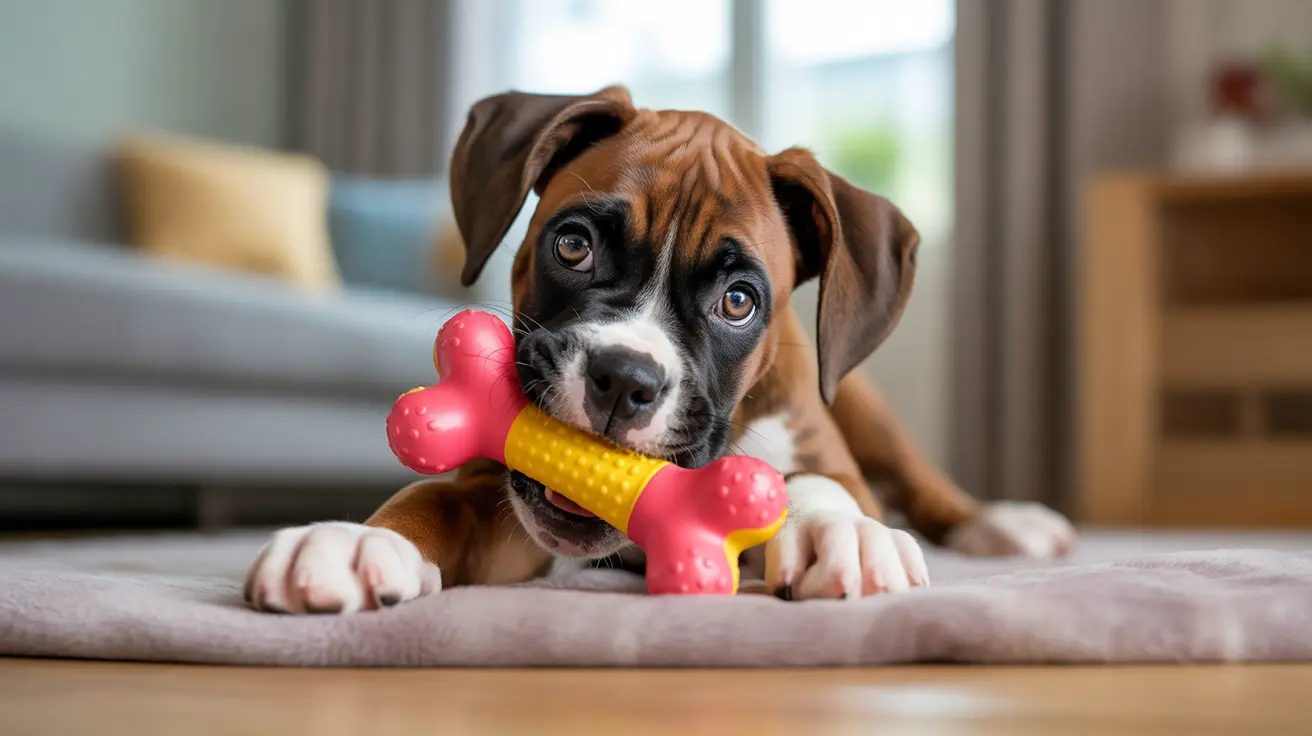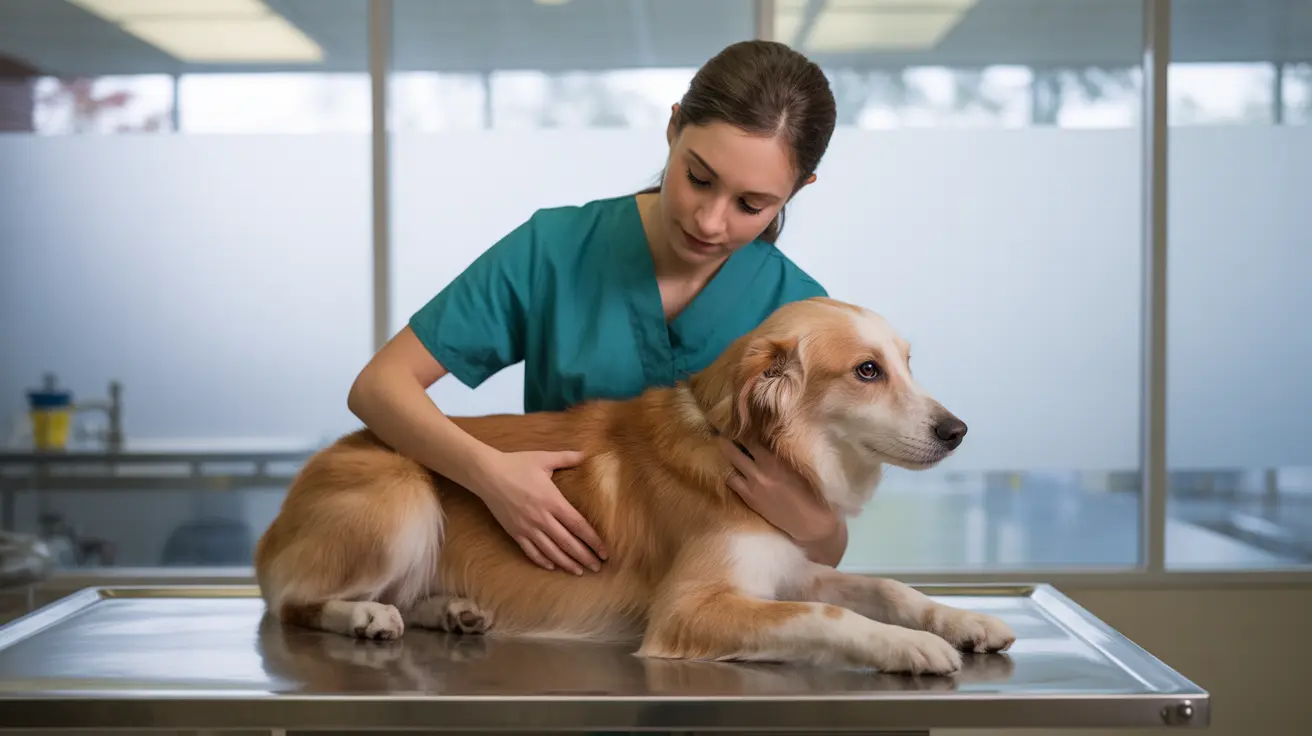Physical Development and Growth Patterns
At five months, your puppy is undergoing remarkable physical changes. Most puppies are in the final stages of teething, with adult teeth replacing their baby teeth. This process can cause discomfort and increased chewing behavior, making appropriate chew toys essential.
Growth rates vary significantly by breed size. While smaller breeds may be approaching their adult size, larger breeds are still in the midst of rapid growth. This period requires careful attention to nutrition and exercise to support healthy development.
Training and Behavioral Development
This age marks a critical period for establishing good behaviors and habits. Your 5-month-old puppy is likely testing boundaries and showing increased independence, which can sometimes manifest as temporary regression in previously learned commands.
Consistency is key during this stage. Short, frequent training sessions focusing on positive reinforcement will help reinforce good behaviors and maintain progress in basic commands like sit, stay, and come.
Exercise and Activity Requirements
Finding the right balance of physical activity is crucial for a 5-month-old puppy. While they have more energy and stamina than younger puppies, their joints are still developing, making it important to avoid excessive high-impact activities.
Aim for several short play sessions throughout the day, incorporating both physical exercise and mental stimulation. Puzzle toys, gentle training games, and supervised play with other puppies can provide appropriate outlets for their energy.
Nutrition and Health Care
Proper nutrition remains vital at this stage. Your puppy should still be eating specialized puppy food appropriate for their breed size, with carefully measured portions to support healthy growth without promoting excess weight gain.
Regular veterinary check-ups are essential to monitor growth, complete vaccination schedules, and address any health concerns. This is also the time to discuss spaying or neutering options with your veterinarian.
Socialization and Environmental Exposure
While the primary socialization window is closing, continued positive exposure to new experiences remains important. Introduce your puppy to various environments, people, and situations in a controlled, positive manner to build confidence and prevent future behavioral issues.
Supervised interactions with other dogs and attendance at puppy classes can help develop proper social skills and reinforce training in distracting environments.
Frequently Asked Questions
How should I adjust my 5-month-old puppy's diet to support healthy growth and teething?
Feed a high-quality puppy food formulated for your puppy's breed size, divided into 2-3 meals daily. Provide appropriate chew toys to ease teething discomfort, and avoid changing foods suddenly to prevent digestive issues.
What are the best training techniques to handle my 5-month-old puppy's increased independence and testing behaviors?
Use consistent, positive reinforcement training with short, frequent sessions. Maintain established boundaries while acknowledging this testing phase is normal. Reward good behavior immediately and redirect unwanted behaviors to appropriate activities.
How can I continue socializing my 5-month-old puppy safely to prevent fear and aggression later?
Create controlled, positive experiences with new people, places, and other dogs. Attend puppy classes, arrange playdates with vaccinated dogs, and gradually expose your puppy to different environments while maintaining a positive association.
What are common physical and behavioral changes to expect in a 5-month-old puppy?
Expect continued teething, growth spurts, and possibly some temporary behavioral regression. Your puppy may show increased independence, test boundaries more frequently, and experience brief fear periods.
How much exercise and mental stimulation does a 5-month-old puppy need without harming their developing joints?
Provide multiple short exercise sessions (15-20 minutes) throughout the day, focusing on low-impact activities. Include mental stimulation through training, puzzle toys, and gentle play. Avoid high-impact activities like jumping or long runs on hard surfaces.






